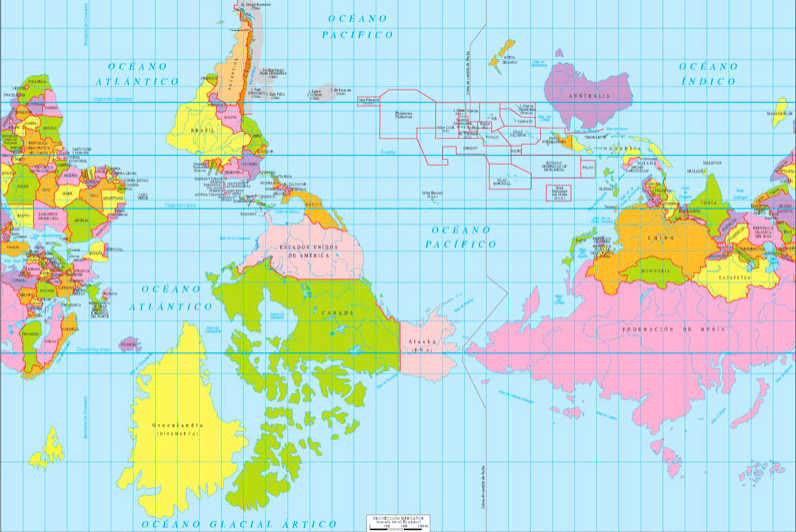Does it make sense to say that China has a low level of democracy?👇If Russia’s autocracy hardens, does that make the world less democratic? Or should we bring back the classic democracy vs dictatorship distinction, and only distinguish the level of democracy of democracies?🧵 

1/13 The literature and reports on democracy are full of figures that plot all countries of the world along a continuum from less to more democratic .👇 

2/13 It is also common to come across figures that aggregate data on all countries of the world and purport to offer measures of the global level of democracy. 👇 

3/13. The assumption that that all countries (including autocracies) can be compared according to their level of democracy is embedded in V-Dem indices and their claim that “the level of democracy enjoyed by the average global citizen in 2022 is down to 1986 levels.”👇 

4/13 These figures seem to convey an impressive amount of knowledge. But are they meaningful? Or are they examples of what Stein Rokkan, a scholar committed to quantification in the social sciences, called “numerological nonsense”? (Citizens, Elections, Parties 1970: 288).
5/13 One key problem concerns how we think of the relationship between qualitative and quantitative distinctions or between dichotomies, that convey distinctions of kind, and continuums, that convey the degree to which certain properties are possessed.
6/13 Collier & Adcock provide one of the most detailed discussions of the matter.👇But they adopt a pragmatic position & treat concepts as tools to be evaluated in terms of their practical use. Indeed, it is questionable that we can pick among options insofar as they work for us. 

7/13 Others suggest that we can start with continuous measures of democracy that cover all countries in the world and subsequently derive, through empirical analysis, a cut-off point on a continuum that distinguishes democracies from dictatorships.👇 

8/13 Here the problem is that we end up calling a set of countries democracies simply because people agree to call those countries democracies rather than because we define democracy in terms of certain properties & have measures to show which countries share those properties.
9/13 So I keep coming back to the approach proposed by Adam Przeworski @AdamPrzeworski and his coauthors.👇 

10/13 Whether we use a minimalist concept of democracy or not, Przeworski et al. offer as general advice that (1) we start with the distinction between democracies and dictatorships, and (2) only after this consider how democracies vary in democraticness.
12/13 We clearly want measures that distinguish (1) democracies from dictatorships, and (2) democracies in terms of their degree of democracy. I do not know anyone who insists on the importance of dichotomies that disagrees with this point.
13/13 But if we are going to provide meaningful measures of democracy, that yield numbers we can interpret, we need to overcome the common tendency to think in terms of a continuum that is used to line up all countries from less to more democratic. Such measures do not make sense
• • •
Missing some Tweet in this thread? You can try to
force a refresh

















